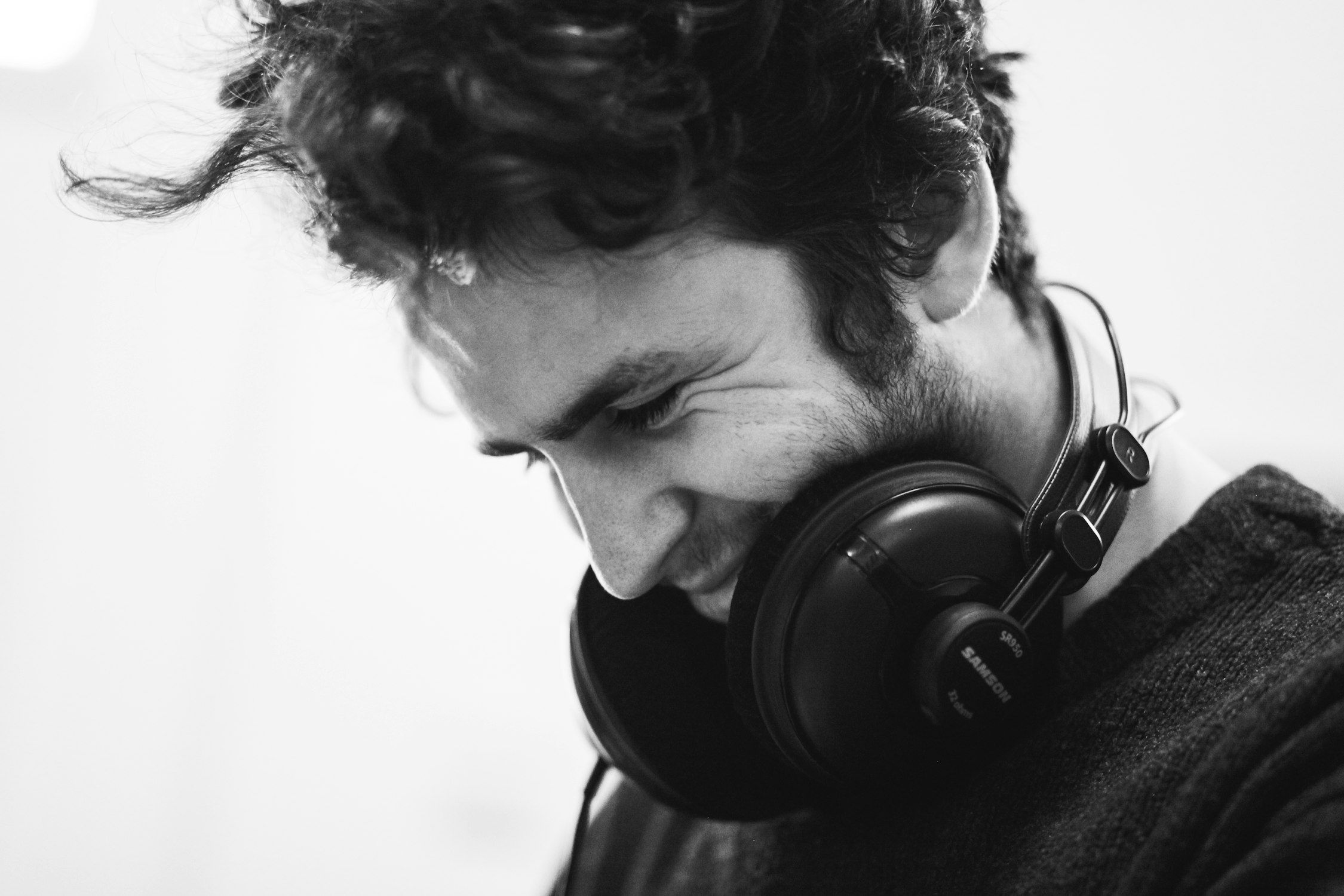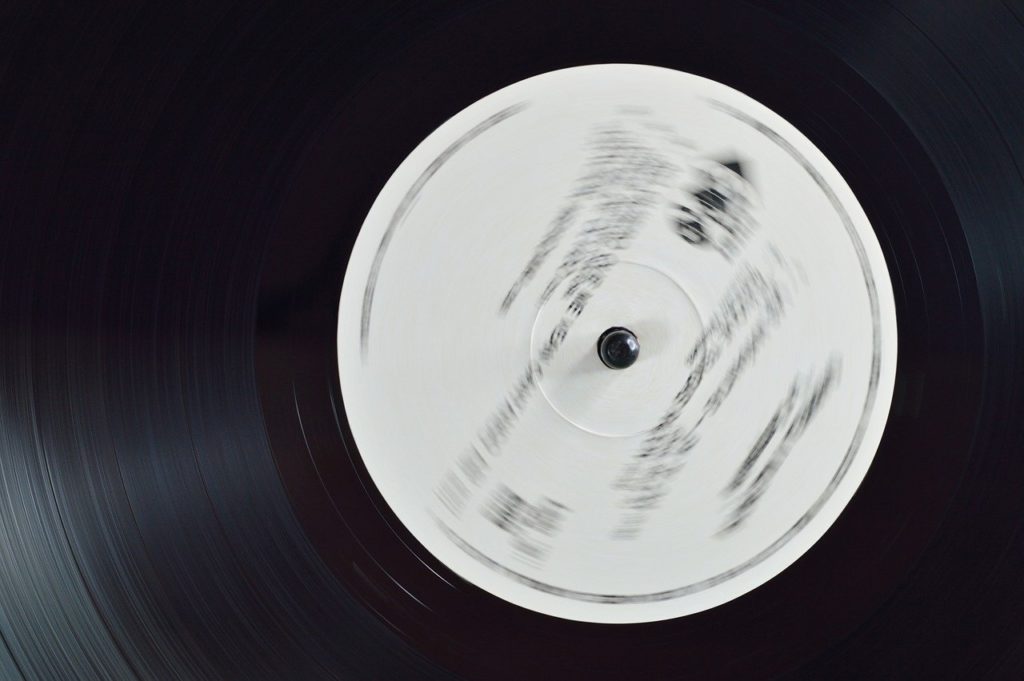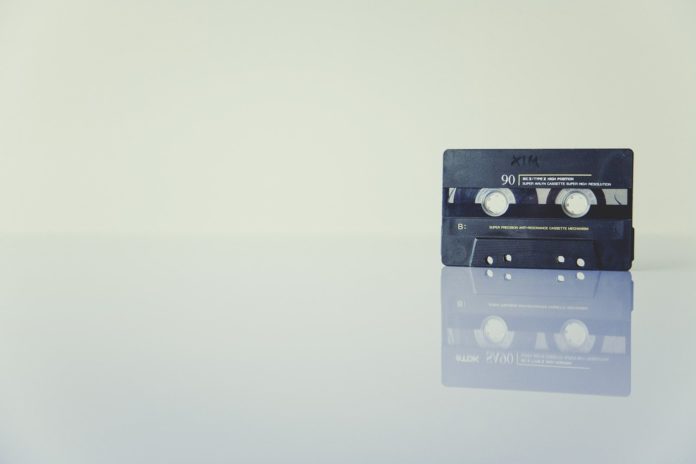Music is one of human’s greatest inventions that many tend to take for granted. Few things in life have as much impact on a person’s emotions, ranging from excitement to laughter to sadness and everything in between. Best of all, it only takes a moment for the emotions to show up and be felt.
No one really knows when humans first created or came into contact with music, although various theories abound. We humans are probably the only known known living beings on Earth that can understand music the way we do. Ancient humans probably invented music when it was discovered that different sounds can be combined to make entirely new ones. Millennia of attuning to these sounds is (probably) what has made it possible for us to discern music from noise.
Numerous archaeological digs have uncovered many crude instruments that were used in the early days to make music. Over time, humans have refined these tools into the musical instruments that exist today, and there is no reason to believe that progress has stalled. Combine this with the advancement in digitization, and nowadays, one can easily find a myriad of music/sounds that did not exist even a few decades ago.
Musical styles tend to reflect the eras during which they were created. This is because many artists/writers incorporate their own experiences into their musical style. Music can, as such, be viewed as a form of expression while acting as a release valve of sorts.
Music is also something that can be enjoyed by all due to its ability to transcend boundaries. This means ones does not need to be of a certain culture, age, gender, or any other criteria in order to enjoy music. One possible exception to this is music containing words that are sang, in which case language might be a barrier to fully appreciating the piece.
The type of music one listens to depends on factors such as age, personal experiences, and influences from friends and family. Some genre of music have a longer shelf life than others, while others have become extinct.
Here are some ways in which you can use music to your advantage.
Regulate Emotions

Most people subconsciously exhibit a range of emotions every day. These emotions are usually of the non-consequential variety, such as smiling when a co-worker passes by or frowning at that person who took forever to finish using the washroom. Emotions, unlike mood, tend to be more fleeting i.e. they last for a shorter period of time.
There are also times when one’s emotions kick into higher gear, resulting in feelings like anger and sadness. It is during these moments when music can help restore balance into our daily lives. This is important because decisions made while under stress – and these typically include anger and/or sadness – tend to be poor ones. Putting on some soothing music in addition to practicing mindfulness can thus allow us to get back to neutral territory.
Playing some romantic music while you are in the mood for love or gentle, soothing music to help fall asleep are other examples.
Mood Alteration

Have you ever wondered why certain venues have a tendency to play certain types of music? Hotels, for instance, lean towards piping instrumental music, whereas a nightclub is more likely to play electronic dance music (EDM). The reason is to create the desired mood for the clientele at the specific venue via influencing the guests’ emotions. Emotions are mood are, after all, inherently linked. It would indeed be awkward for hotels to play electronic dance music while nightclubs put on instrumental pieces.
So put on that Rocky soundtrack if you want a boost of motivation during your workouts. Alternatively, play some good old jazz music if you want a more laid back feel. Doing meditation practice? There’s music for that too. There is music to suit nearly every type of mood you can imagine.
Bonus: listening to music can also help relax your mind and potentially spark creative ideas.
Evoke Memories

We rely on our memories for many things such as the ability to read this paragraph. This is because our long-term memory has stored the necessary information for future retrieval. It is also how we are able to recall the sounds and lyrics of certain songs we heard long ago.
You have probably experienced a time when a piece of music suddenly triggered something inside you. This is due to your subconscious mind associating that particular music with a specific experience in your past. The experience, or more precisely the memory, associated with the music tend to be of significance and individualized. The memory can feel quite vivid even though our memories are only incomplete reconstructions of what actually happened. This is true even for music that do not contain any lyrics.
Try It and See for Yourself

So go ahead and listen to some music despite whatever mood you are in right now (but only if it’s appropriate i.e. without disturbing others). Do you feel lonely or stressed out? Try playing some calming music. Maybe you are planning to have a romantic dinner at home. Some Frank Sinatra would be nice. The music’s effects on your emotions and mood will kick in before you even know it.
Another bonus: feel free to sing along to the songs even if you do not have a karaoke system set up.




